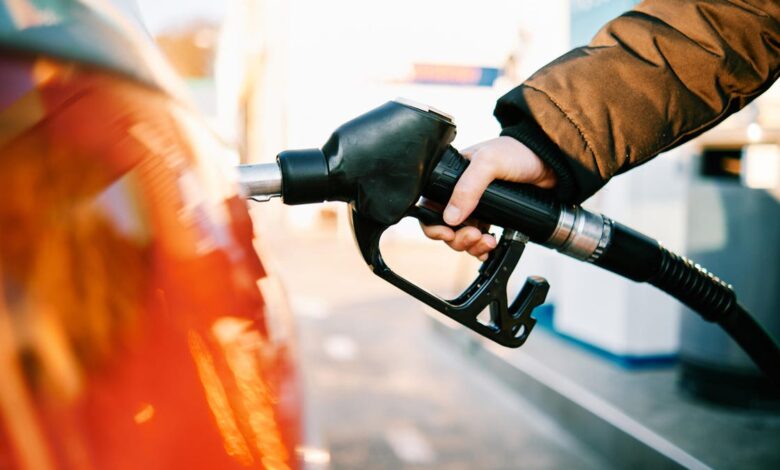Trump Warns, ‘Keep Oil Prices Down’ After US Strikes Iran: What’s Next for Gas Prices?

Gas prices could go up due to the US-Iran conflict.
President Donald Trump delivered an all-caps message about oil prices on Monday, less than a day after US and Israeli forces struck three Iranian nuclear sites. “EVERYONE, KEEP OIL PRICES DOWN. I’M WATCHING!” Trump wrote on his social media platform Truth Social. “DRILL, BABY, DRILL!!! And I mean NOW!!!”
The attacks briefly sent Brent crude, the world’s benchmark oil price, above $81 a barrel. Traders drove that price back into the low $70s after Iran retaliated against the US by firing missiles at a US military base in Qatar, a relatively limited response.
What does this mean for drivers?
Crude oil makes up a little more than half of the cost of what drivers pay at the gas pump, and analysts say every $10 hike in oil prices usually nudges the average US gasoline price up by 20 to 25 cents per gallon.
Read more: Best Electric Cars and EVs for 2025
As of June 23, AAA puts the national average for regular gasoline at $3.22 a gallon, with diesel fuel at $3.68. A week ago regular was $3.14, so tensions have already tacked on 8 cents. Californians are paying the most at $4.66, while Texas drivers enjoy the lowest statewide average price at about $2.85.
CNET will track AAA’s daily averages and key market benchmarks as long as the Iran standoff threatens fuel costs.
If Tehran follows through on threats to close the 21-mile-wide Strait of Hormuz, which carries roughly 20% of the world’s oil, Goldman Sachs warns that the price of Brent crude could leap past $110, a level likely to push the average US pump price over $4.
Monday’s oil spike faded after the missiles Iran aimed at the US base in Al Udeid, Qatar, were intercepted, leaving energy infrastructure untouched. Traders are betting Tehran won’t endanger its own export revenue, at least for now.
If a tanker is hit or the Strait of Hormuz is even partly blocked, experts say supplies could get tight almost instantly. So far, the OPEC-plus oil alliance hasn’t called an emergency meeting. Russian President Vladimir Putin says the group doesn’t need to act yet, and Saudi Arabia’s energy chief says it’ll wait to see what the market actually does.
The administration could tap the Strategic Petroleum Reserve if Iran disrupts oil flows, but no steps have been taken so far.






